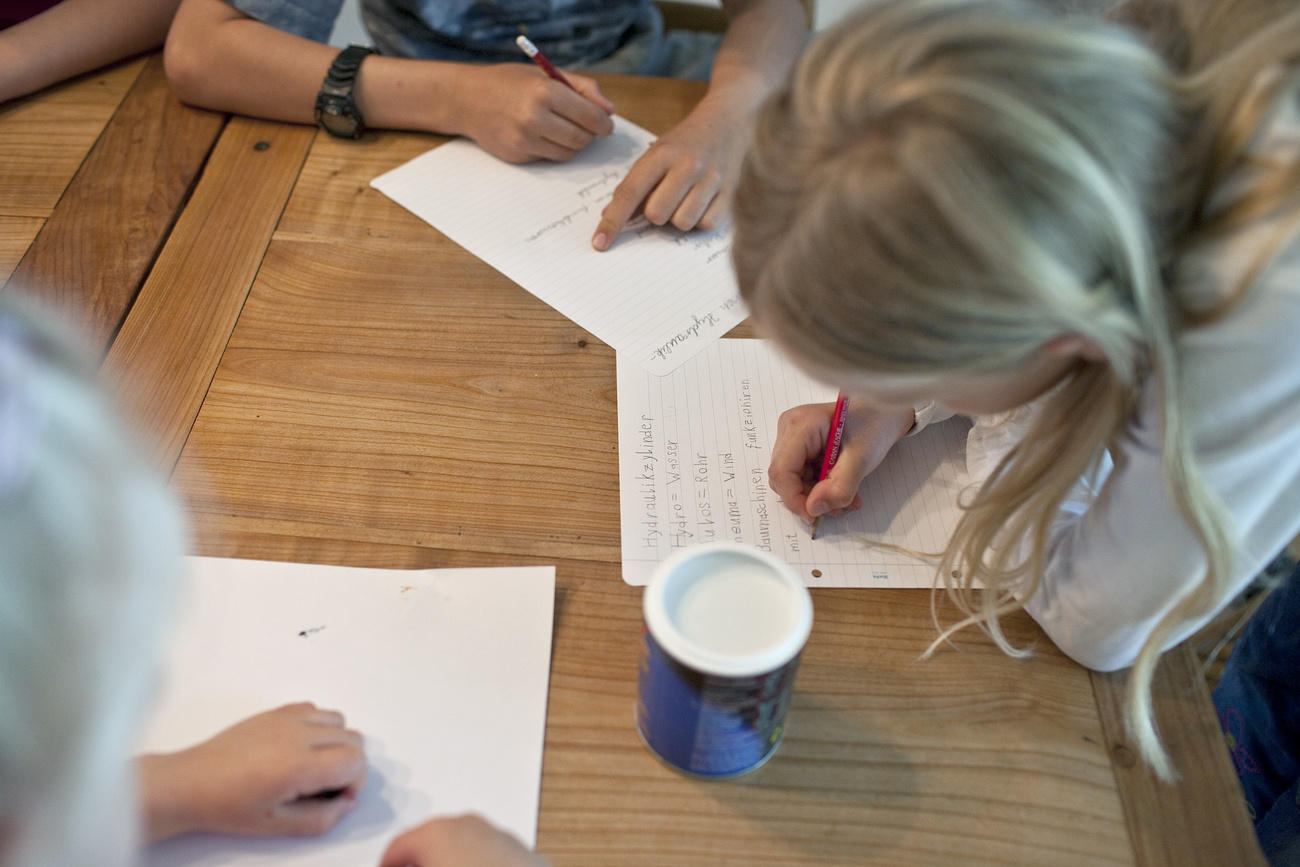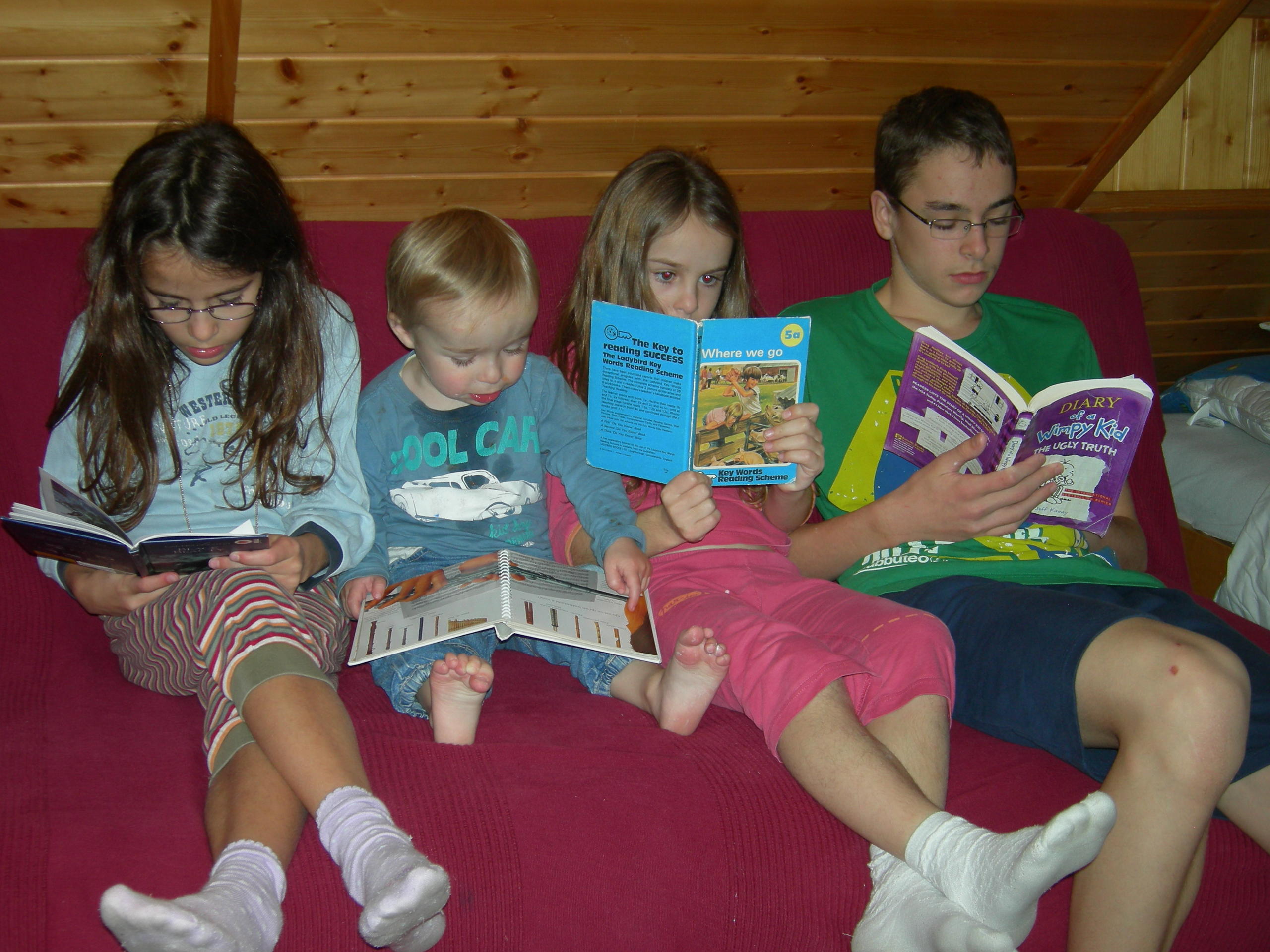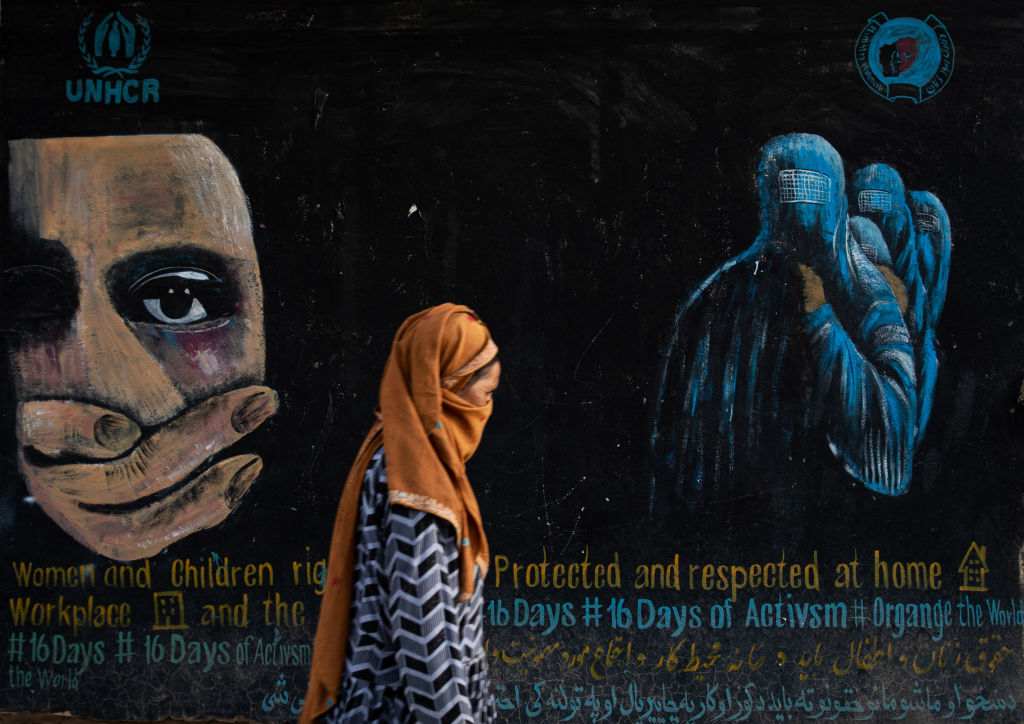
Federal court rules against homeschooling

Switzerland’s highest court has ruled that parents do not have a constitutional right to provide school-aged children with private lessons at home. The decision reinforces the right of cantons to establish very restrictive rules, even bans on homeschooling.
In 2017, a mother in canton Basel City had applied for permission to provide private homeschooling for her eight-year-old son. The school authorities had rejected her application and the cantonal court followed suit, dismissing her appeal.
The mother brought the case to the Federal Court, where she argued that the cantonal court’s decision amounted to a ban on homeschooling and violated her constitutional right to respect for private and family life.
In the rulingExternal link made public on Monday, the supreme court rejected the mother’s appeal and ruled that the right to private life does not confer any right to private home education. It added that no international treaty grants such a right.
The court also held that cantons can decide whether, and to what extent, this type of education may be authorised, or even forbidden outright. In Basel City, homeschooling may be allowed, notably if the applicant demonstrates that attendance at a school is not possible.
In a previous judgement, the court already held that Swiss laws on education did not grant a right to homeschooling. However, it allowed cantons to decide how to comply with federal legal requirements to ensure adequate basic education.

More
Mixed reactions to homeschooling court verdict
More than 1,000 children are homeschooled in Switzerland but policies range significantly by canton. Some require little more than an announcement to authorities, whereas others mandate teaching diplomas and official authorisation. The French-speaking canton of Vaud, which has one of the highest numbers of homeschooled children with around 600, is considering tightening its legal provisions.

More
Changes ahead for homeschooling families

In compliance with the JTI standards
More: SWI swissinfo.ch certified by the Journalism Trust Initiative















![The four-metre-long painting "Sonntag der Bergbauern" [Sunday of the Mountain Farmers, 1923-24/26] had to be removed by a crane from the German Chancellery in Berlin for the exhibition in Bern.](https://www.swissinfo.ch/content/wp-content/uploads/sites/13/2025/12/01_Pressebild_KirchnerxKirchner.jpg?ver=a45b19f3)













You can find an overview of ongoing debates with our journalists here . Please join us!
If you want to start a conversation about a topic raised in this article or want to report factual errors, email us at english@swissinfo.ch.